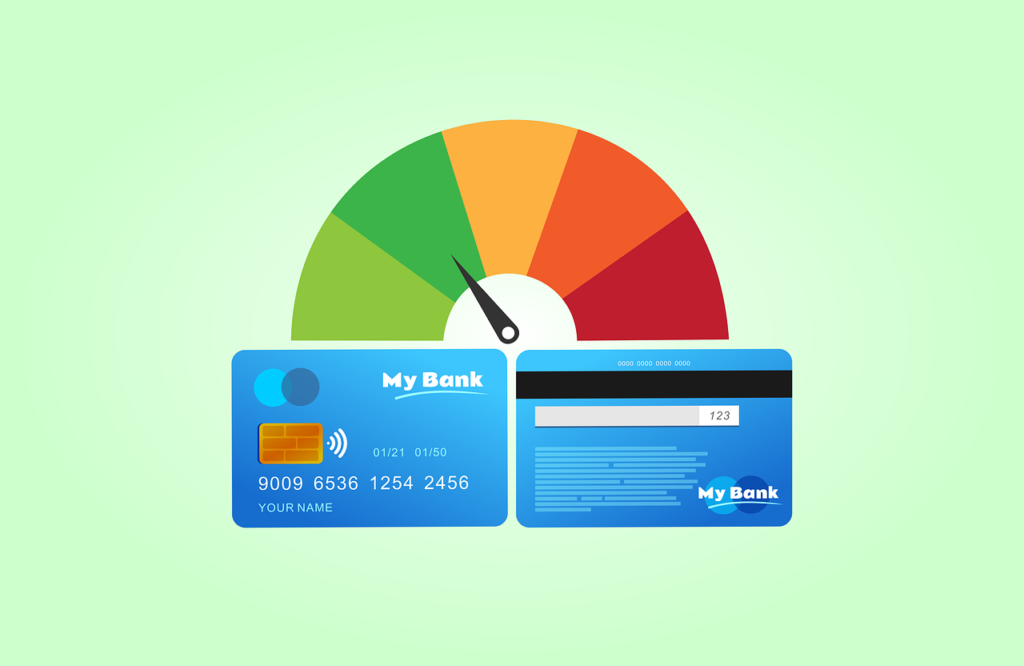You may need to get a loan or raise funds to launch or grow your limited liability company. In the early stages of a small business, many will fail because they lack cash or didn’t plan their finances properly.
You can use a business loan to expand your LLC, hire more staff, or purchase hardware and equipment. The money could be used to pay off debts or for emergencies.
Here are some of the business loans you can consider for your LLC.

Five Best Business Loans for LLCs
- Bank Loans
- Many business owners choose to borrow from traditional lenders such as banks and credit unions because they offer the best loan terms, interest rates and amounts.
- Your business must also meet the strict requirements of the bank, including a high credit score and a longer history in business. This is because banks want to reduce their risk of default on loan payments. They have a very good reason.
- In an economic recession, investing in smaller companies is riskier than larger ones due to various reasons like lack of credit or increased regulations. Many LLCs and startups find it hard to get a bank loan.
- Term Loans
- A business term loan is an old-fashioned form of financing that allows you to repay your lender within a certain time period. The term can range from a few weeks to ten or more years depending on your LLC’s stability, credit rating and structure.
- Some lenders will require collateral in order to lower your interest rate or increase the loan amount. Collateral is a form of security for the lender, so you must be willing to put your assets at risk to obtain a loan.
- Business Line of Credit
- Business lines of credit are one of the best types of alternative funding because they allow you to access capital as needed. You are not required by law to use all of the money you have been granted. Instead, you can withdraw funds from your account as needed and repay it with interest.
- A line of credit has the advantage that you do not have to pay interest or a set amount for repayments if you did not use the money. This is also a revolving line of credit. You can repay the money you have used, and then withdraw it again at a later date.
- SBA Loans
- SBA loans come from private lenders or banks, but they are backed up by the Small Business Administration. Terms are usually between 10 and 25 years with rates of interest that are favourable to startups and small businesses.
- SBA offers a variety of loans. These include SBA 7(a), 504 and disaster loans. Microloans are also available. Most popular is the SBA 7(a) Loan, which offers up to $750,000 in loan amount and a partial SBA guarantee. The SBA will guarantee 85% up to $150,000, and 75% for amounts above $150,000.
- SBA loans can be used to finance office repairs, debt consolidation, and the purchase of new equipment. The qualification requirements for an SBA 7(a), loan include a net worth of between $2.5 and $7 million plus a strong cash flow statement and a good credit score.
- Invoice financing
- The last but not least option is invoice financing. This allows you to use your unpaid invoices in exchange for capital up front. This type of financing will provide you with 80%-95% of the invoice value. Once your customers have paid, you will receive 5% to 20 % of the total invoice value.
- Many businesses prefer invoice financing because it allows them to free up cash that is tied to outstanding invoices. Your application will be approved quickly, as lenders do not require a high credit score. Your lender’s main concern is the creditworthiness of your customers.
- This is an excellent financing option for B2B companies. The lenders are willing to accept invoice financing requests from companies in the transport, logistics, wholesale and manufacturing industries. However, all types of LLCs can benefit.
Capital means more growth potential
Almost always, a business’s success is guaranteed if it has enough funds and has a positive cash flow. The LLC is more stable when it has access to financing, as the owners can make strategic decisions.
Ask a finance professional about your options if you aren’t sure where to begin. Find someone familiar with your field to improve your chances of loan approval.











Leave a Reply